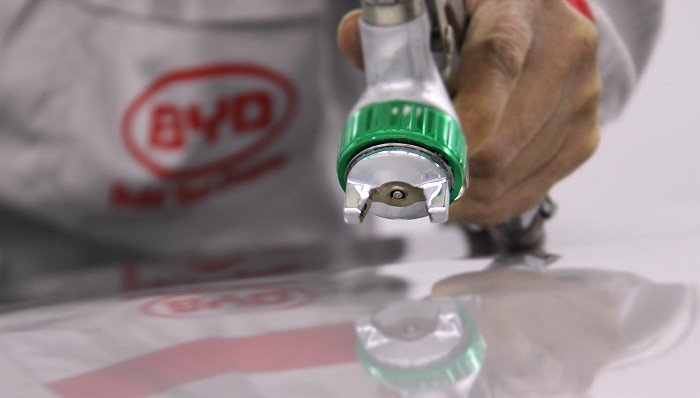Chinese electric vehicle (EV) manufacturer BYD (002594.SZ) has reported a striking 33% increase in net profit for the second quarter of 2024, signaling robust growth despite a slowdown in consumer spending on high-cost items in its home market. The company's net profit reached 9.1 billion yuan ($1.3 billion) for the April-June period, while revenue surged by 25.9% year-on-year to 176.2 billion yuan, according to a recent stock exchange filing.
This impressive profit growth follows a 24.4% rise in net profit for the first half of 2024, amounting to $1.91 billion compared to $1.54 billion during the same period last year. BYD's revenue for the first half stood at $42.3 billion, up 15.8% year-on-year. The Shenzhen-based company's performance underscores its leading position in the electric and plug-in hybrid vehicle sectors, driven by its vertical integration strategy and aggressive pricing.
The company has achieved a significant milestone by outselling the combined sales of Volkswagen's two joint ventures in China by 14.5% over the first seven months of the year. According to Counterpoint Research, BYD is poised to overtake Tesla (TSLA.O) as the largest global EV vendor this year, with an estimated 17.7% share of the market compared to Tesla's 17.2%.
BYD's success can be attributed to its strategic use of discounts on its popular Dynasty and Ocean series of EVs, which have bolstered its dominant share in China's new energy vehicle market. In addition to domestic achievements, BYD is expanding its international footprint, with plans to establish manufacturing facilities in Europe and Mexico. However, the company faces a 17% additional tariff for exporting EVs to the European Union, which poses a challenge to its global expansion efforts.
Despite the promising financial results, BYD is navigating a complex global trade environment. The European Union has proposed imposing tariffs of up to 36.3% on Chinese EVs, citing concerns about unfair competition and distorted market dynamics due to Beijing's automotive subsidies. The United States and Canada have also announced plans to raise customs duties on Chinese EVs to 100%, accusing China of failing to meet international environmental and labor standards.
In response to these trade barriers, BYD continues to forge ahead with its global expansion strategy. The company is not only planning new factories in Hungary and Turkey but also addressing competitive pressures by leveraging its expertise in battery production and EV technology. Originally a battery manufacturer, BYD diversified into automotive production in 2003 and has since grown to become a major player in the EV market.
The company's success in the face of growing international competition reflects its ability to adapt to market conditions and regulatory challenges. "BYD has effectively dealt with the intensified competition in the industry," the company stated in its financial filing, highlighting its resilience amidst a maturing EV market and evolving trade landscape.






